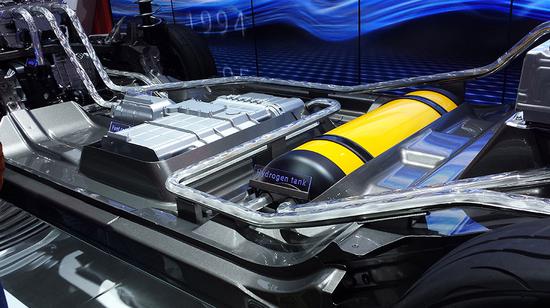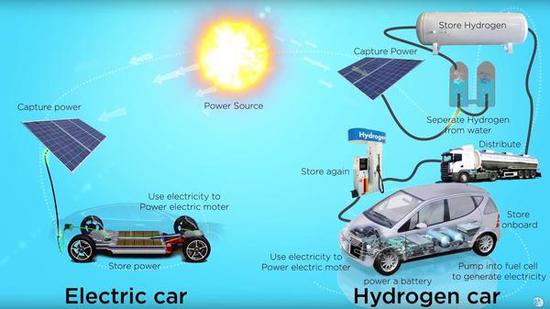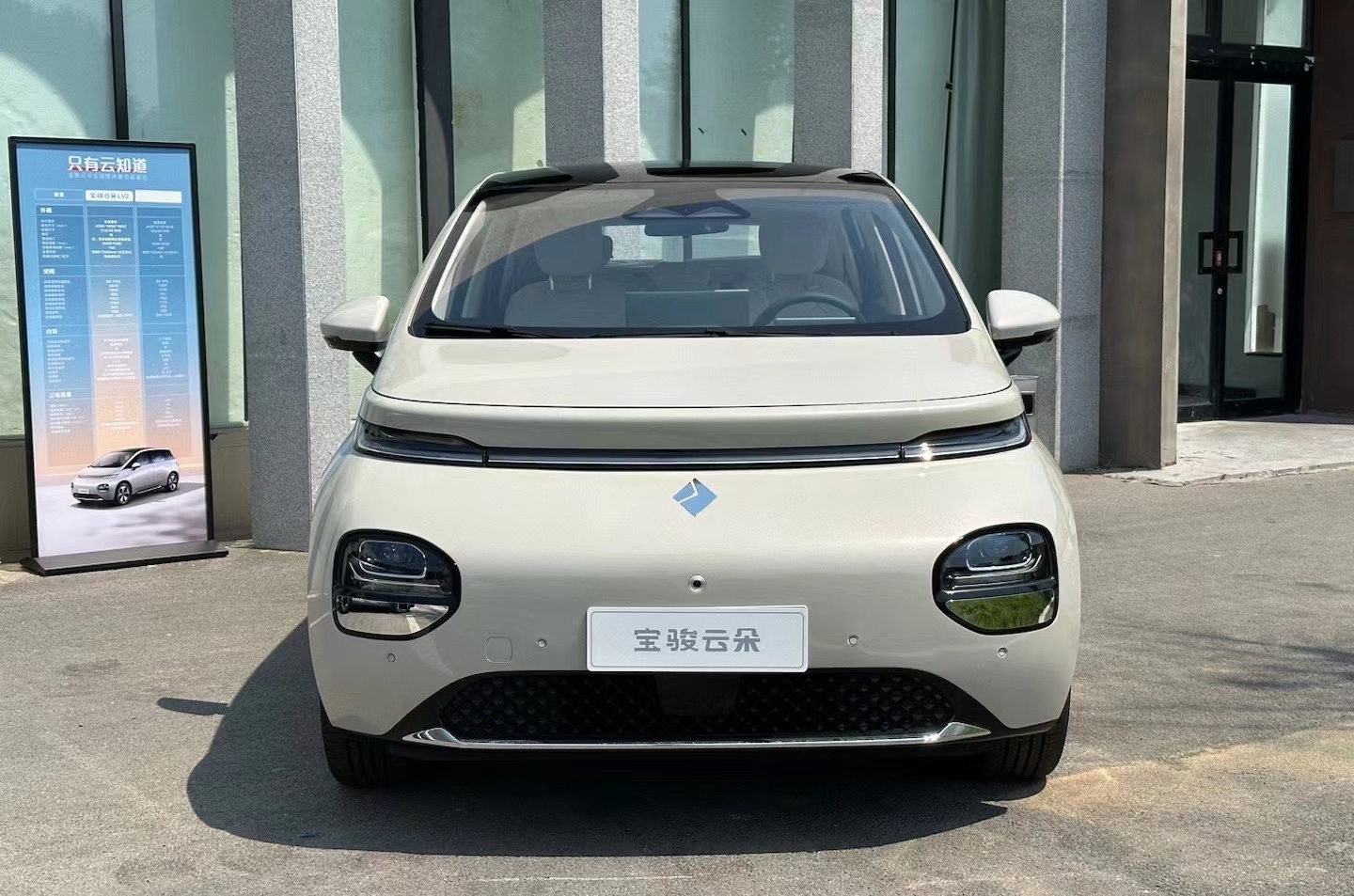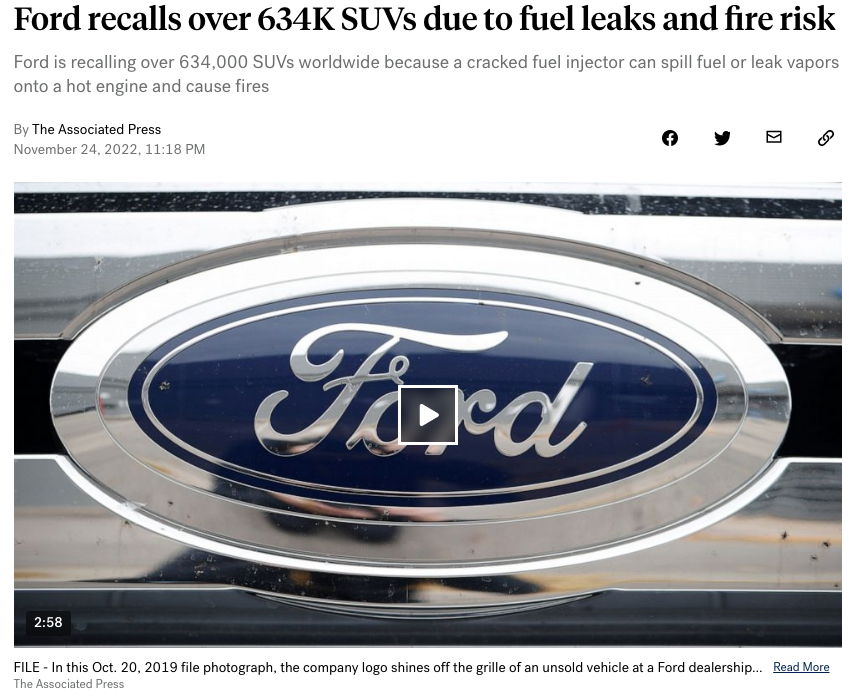In addition to Weibo, there is also WeChat
Please pay attention

WeChat public account
AutoBeta


2024-11-17 Update From: AutoBeta autobeta NAV: AutoBeta > News >
Share
AutoBeta(AutoBeta.net)06/30 Report--
Wang Zhaoyun, an entrepreneur and former carmaker executive, said China's policy of revitalizing the power car industry came just in time.
Anhui tomorrow hydrogen Technology Co., Ltd., founded by Wang Chaoyun, produces fuel cells for hydrogen-powered cars and does not produce exhaust emissions like fuel vehicles. According to relevant data, since the establishment of hydrogen energy tomorrow, the fuel cell vehicle industry has received more than $1 billion in investment from Chinese companies.
Although China plans to phase out long-term subsidies to the mature electric vehicle industry next year, funding for fuel cell vehicles is likely to increase, according to the industry.
As of 2023, the fuel cell industry has announced more than $17 billion in investment, the largest of which is the China heavy truck Group's plan to spend $7.6 billion to produce fuel cell vehicles in Shandong Province.

Tomorrow hydrogen plans to build an industrial park in Anhui Province, investing 2.5 billion yuan in the production of fuel cell stacks and related components. The company said that it has received support from the Chinese Academy of Sciences and that the first phase of the project has been completed.
At present, the company provides small batches of passenger car fuel cells to GAC GROUP and FAW of China, and mass production is expected to begin next year. The company hopes to produce 100000 fuel cell stacks and assemblies by 2022 and then expand to 300000 by 2028.
A research report released last November pointed out that the hydrogen fuel cell market will rely heavily on subsidies for at least the next five years.
Wang Chaoyun's experience is his advantage in competing with the traditional automotive industry. He has worked in Jianghuai Automobile, Foton Automobile and Chery Automobile for 30 years, engaged in quality control, product development and sales.

Wang Zhaoyun said that China is likely to make extensive use of hydrogen fuel cells in commercial vehicles within five years and expand hydrogen fuel cells to passenger vehicles in a decade. During this period, it is necessary to provide a reliable supply chain from hydrogen production to the establishment of hydrogen filling stations.
According to relevant data, China began to subsidize new energy vehicles in 2009. From 2016 to 2020, subsidies for fuel cell vehicles range from 200000 yuan per passenger vehicle to 500000 yuan per heavy commercial vehicle. To be sure, the Chinese team attaches particular importance to the development of hydrogen energy, and China still has a long way to go before hydrogen energy makes achievements. According to forecasts, only about 5000 fuel cell vehicles will be on the road next year, and China hopes to have 1 million fuel cell vehicles on the road in 10 years' time. For the hydrogen fuel automobile industry, the future will become more dynamic, we also look forward to its development.
Welcome to subscribe to the WeChat public account "Automotive Industry Focus" to get the first-hand insider information on the automotive industry and talk about things in the automotive circle. Welcome to break the news! WeChat ID autoWechat
Views: 0
*The comments in the above article only represent the author's personal views and do not represent the views and positions of this website. If you have more insights, please feel free to contribute and share.











© 2024 AutoBeta.Net Tiger Media Company. All rights reserved.